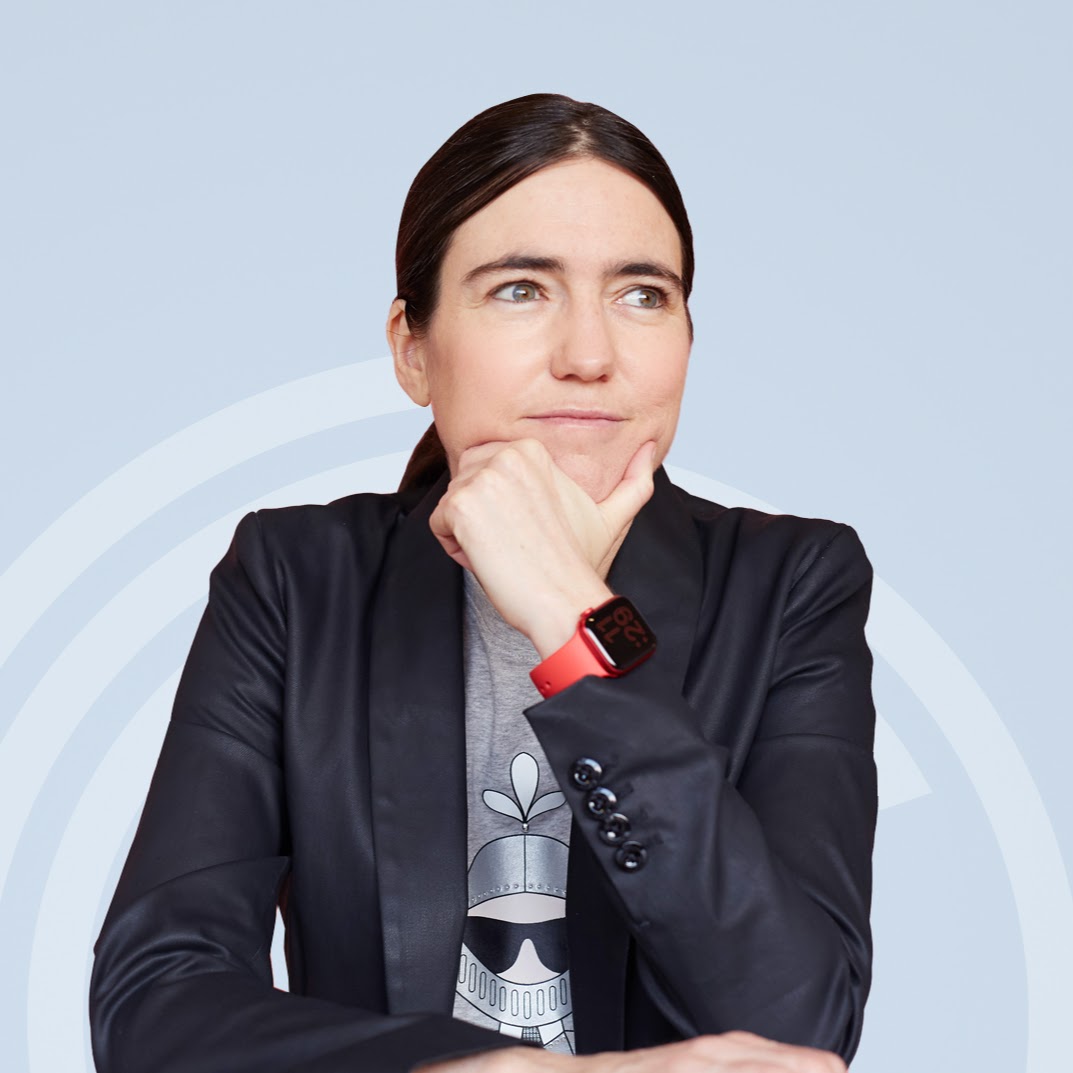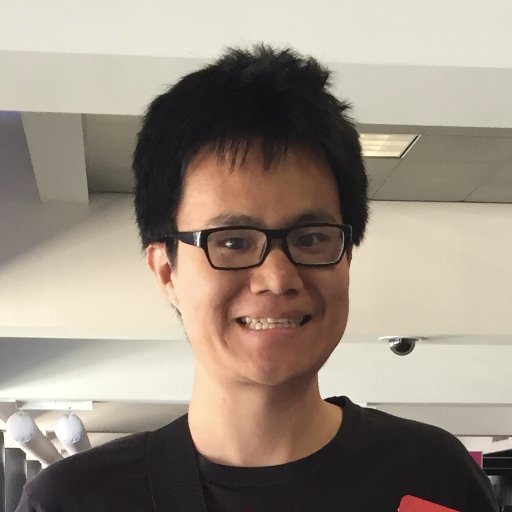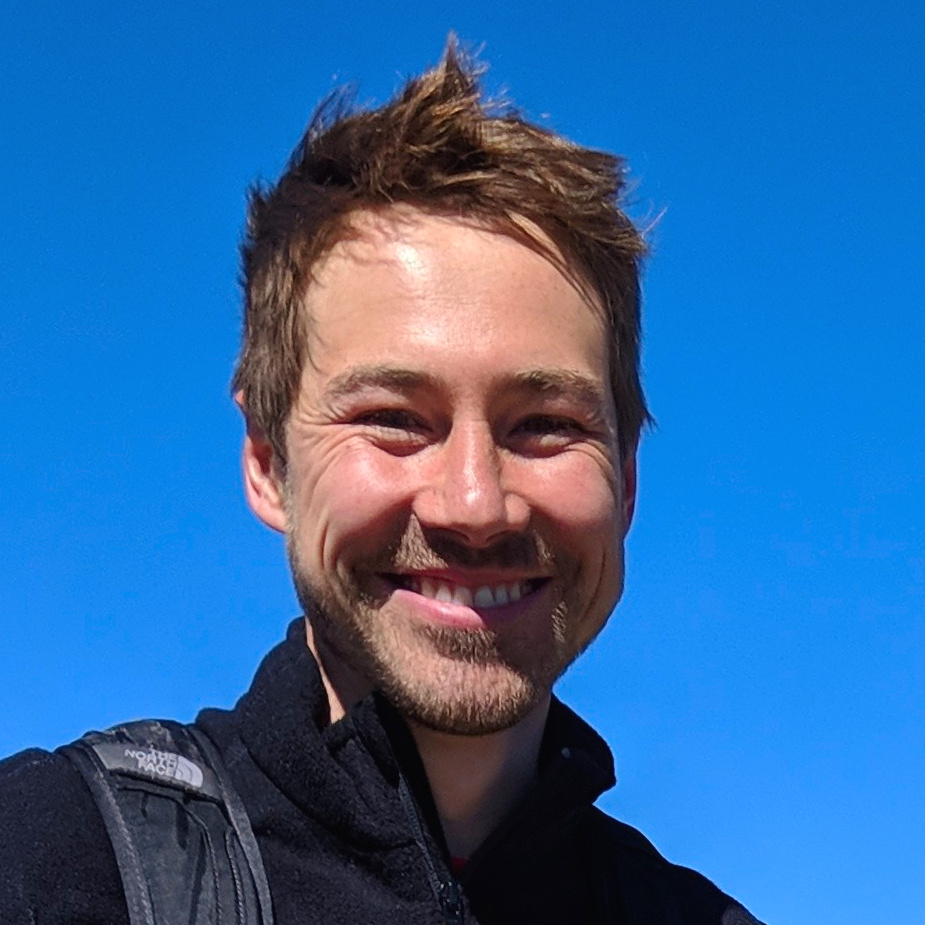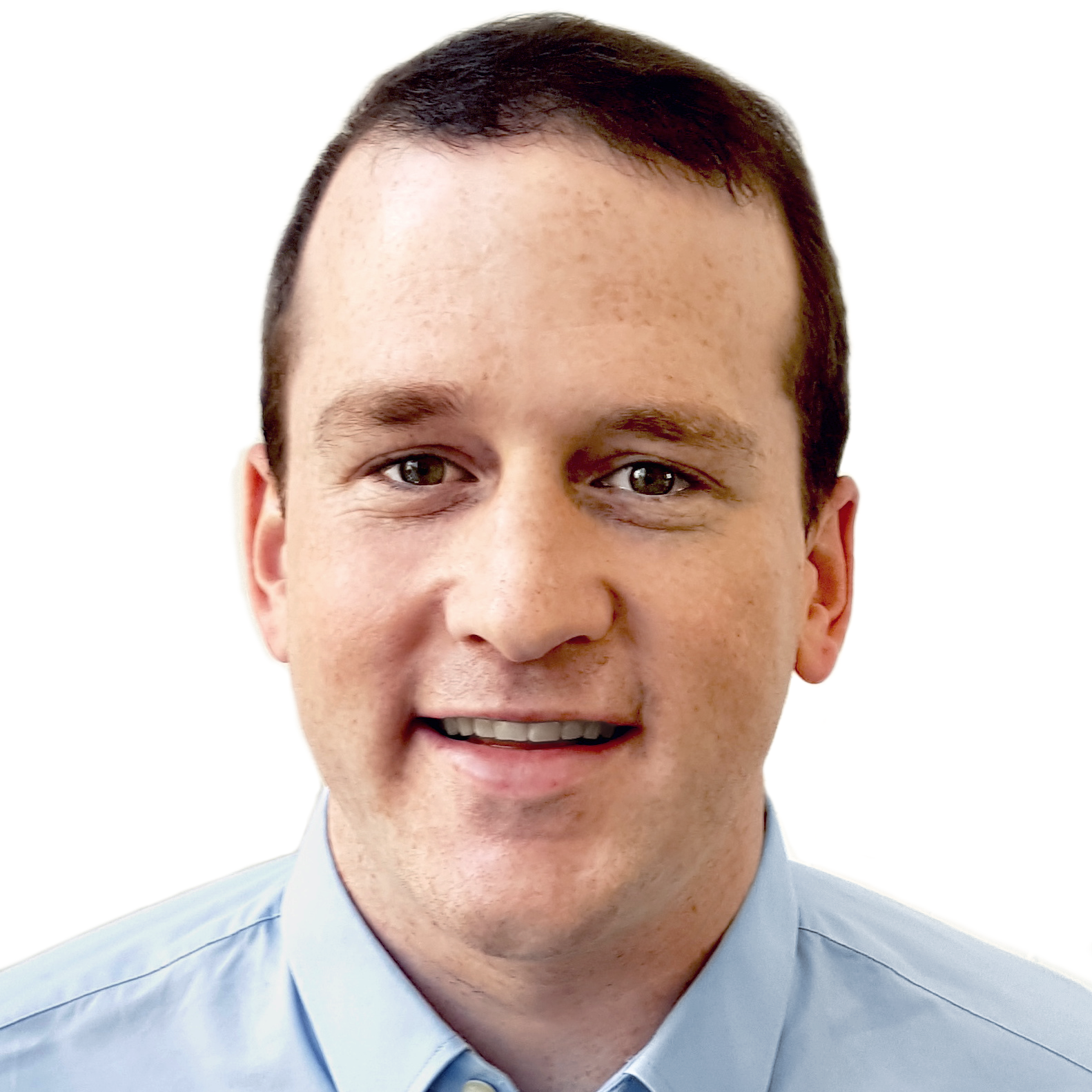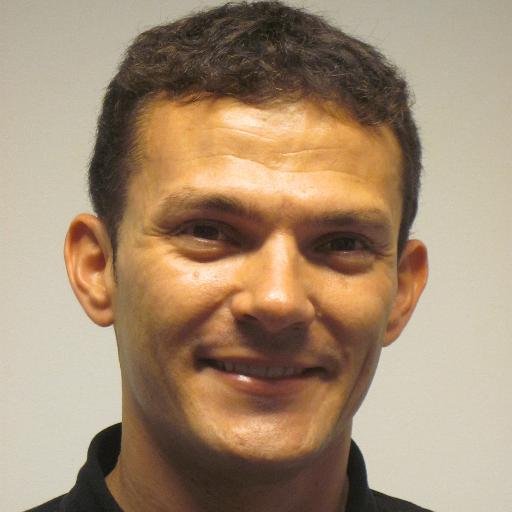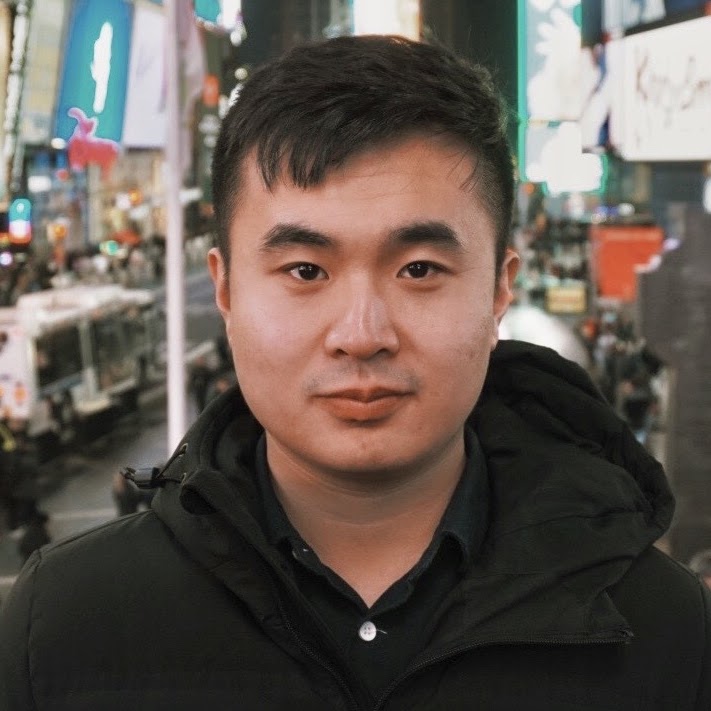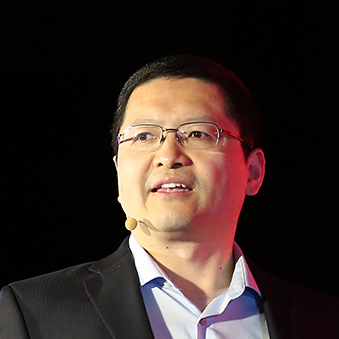- Recordings of all talks are now on YouTubeWaymo Open Dataset Challenge winner reports are onlineThe BDD100K Challenge deadline is extended to June 7thEvaluation servers are now live for the 2022 Argoverse competitions!Speaker list and schedule is now public!The BDD10K Challenge is open now!The workshop date is fixed: 20th of June 2022We extended the paper deadline to the 18th of March 2022The Waymo Open Dataset Challenge is open now!About The Workshop
The CVPR 2022 Workshop on Autonomous Driving (WAD) aims to gather researchers and engineers from academia and industry to discuss the latest advances in perception for autonomous driving. In this one-day workshop, we will have regular paper presentations, invited speakers, and technical benchmark challenges to present the current state of the art, as well as the limitations and future directions for computer vision in autonomous driving, arguably the most promising application of computer vision and AI in general. The previous chapters of the workshop at CVPR attracted hundreds of researchers to attend. This year, multiple industry sponsors also join our organizing efforts to push its success to a new level.
Challenges
Speakers
+Participants
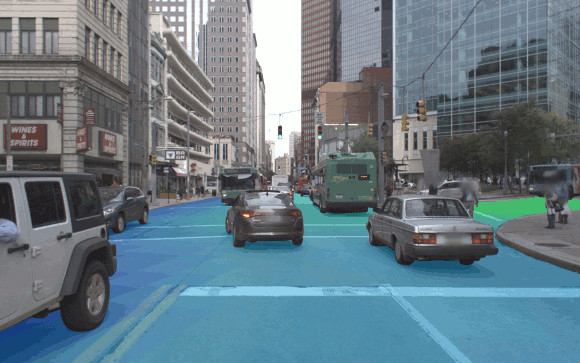
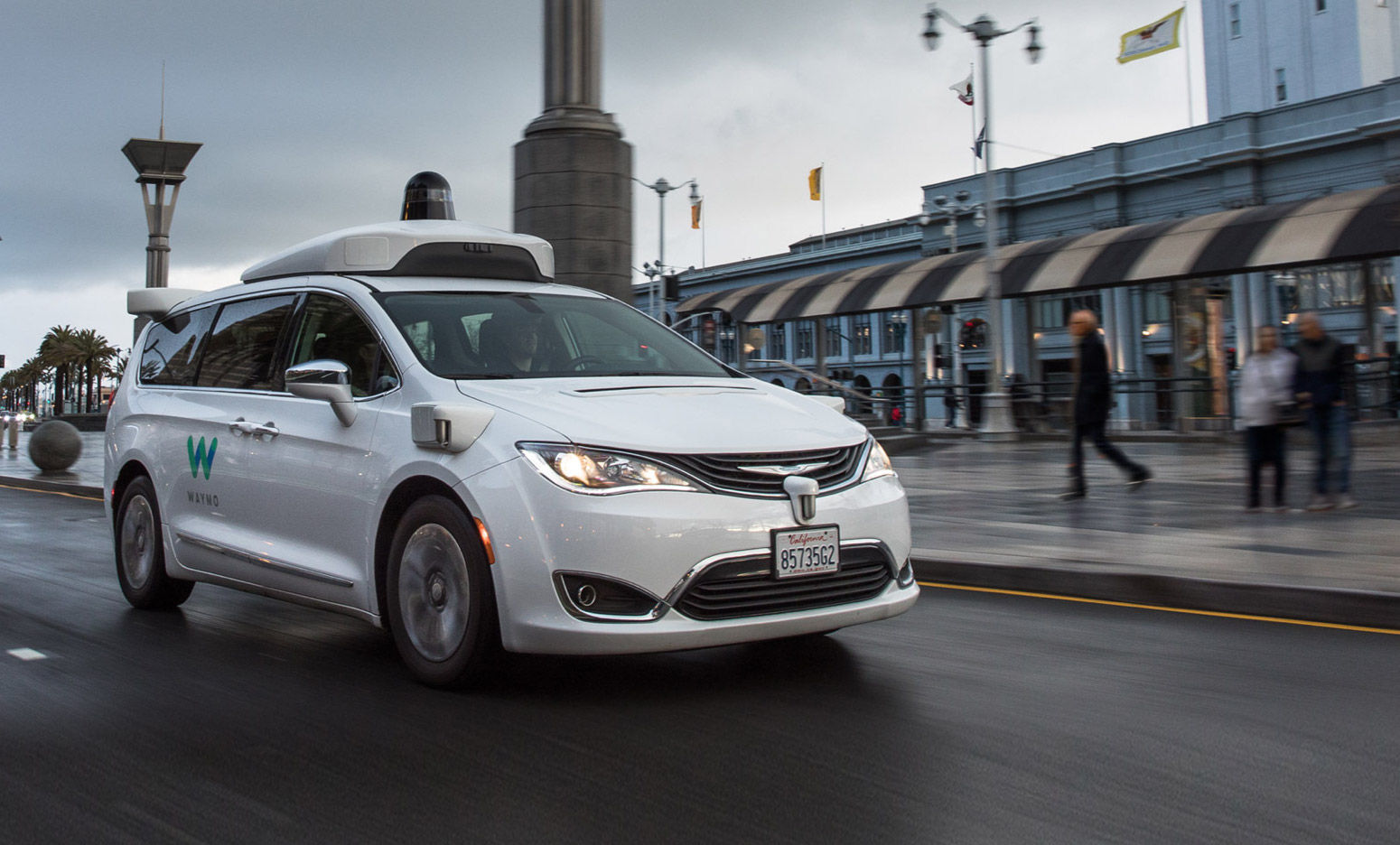 Challenges
ChallengesWe host three challenges to foster research in computer vision and motion prediction for autonomous driving. Waymo, Argo AI and BDD have prepared large-scale benchmark datasets with high-quality ground truth annotations. We invite researchers around the world to invent new algorithms to tackle a range of challenging, realistic autonomous driving tasks.
The exact details of the Argoverse and BDD100K challenges will be released soon.

Challenge 1: Waymo Open Dataset Challenges
The 2022 Waymo Open Dataset Challenges are live! We are inviting eligible researchers to participate in four challenges involving both the motion dataset, and perception dataset, in our Waymo Open Dataset.
- Motion prediction challenge: Given agents' tracks for the past 1 second on a corresponding map, predict the positions of up to 8 agents for 8 seconds into the future. We're also introducing a new metric, named 'soft mAP', to better capture model performance.Occupancy and Flow Prediction: Given agents' tracks for the past 1 second on a corresponding map, predict the bird's-eye view (BEV) occupancy and flow of all currently-observed and currently-occluded vehicles for 8 seconds into the future. Read our paper to learn more about the problem definition and Waymo's work on occupancy and flow prediction.3D Semantic Segmentation: Given one or more lidar range images and the associated camera images, produce a semantic class label for each lidar point.3D Camera-only Detection: Given one or more images from multiple cameras, produce a set of 3D upright boxes for the visible objects in the scene.
The winner for each challenge will receive a $15,000 cash award, with the second place winner receiving $5,000 and the third place winner receiving $2,000.
You can find the rules for participating in the challenges here. The challenges close at 11:59 PM Pacific on May 23, 2022, but the leaderboards will remain open for future submissions. We're also inviting some participants to present their work at the Workshop on Autonomous Driving at CVPR, scheduled for June 20, 2022.Challenge 2: BDD100K Challenges
Object tracking is one of the most fundamental problems in computer vision, with direct applications in autonomous driving. Accurate tracking in the perception system can lead to more accurate prediction and planning for the future scenes and ego motion in driving systems. Although we have a large amount of video data, the popular multi-object tracking challenges and benchmarks only provide tens of image sequences for training and testing. Therefore, we are hosting large-scale tracking challenges to invite the computer vision researchers and practitioners to study the multi-object tracking problems in a more realistic setup. We hope our challenges can lead to new advances on computer vision and new pragmatic algorithms on self-driving cars. Our challenges based on BDD100K, the largest open driving video dataset, are live! You can find the details on the challenge website.
- Multiple Object Tracking (MOT): Given a video sequence of camera images, predict 2D bounding boxes for each object and their association across frames.Multiple Object Tracking and Segmentation (MOTS): In addition to MOT, also predict a segmentation mask for each object.
The winner for each challenge will receive a 1000 CHF prize and will be able to present their method at the Workshop on Autonomous Driving at CVPR 2022. The second place for each challenge will receive a 500 CHF prize, and the third place will receive 300 CHF. The challenges will stop receiving submissions at 5 PM GMT on June 7th, 2022. The winners will also get a chance to present their findings along with the renowned invited speakers in this workshop. You can find additional details regarding the challenges here
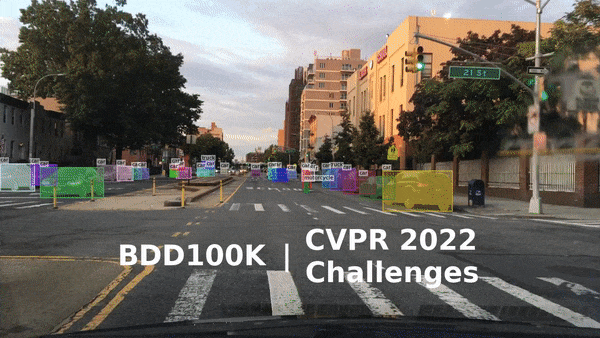

Challenge 3: Argoverse Challenges
For 2022, Argoverse is hosting two new challenges using the Argoverse 2 datasets:
- The 3D Object Detection challenge will use the Argoverse 2 Sensor Dataset.The Motion Forecasting challenge will use the Argoverse 2 Motion Forecasting Dataset.
Additionally, our Stereo Depth Estimation competition returns - this time with an emphasis on real-time performance. We require algorithms to produce depth estimates in 200 ms or less.
- The Stereo Depth Estimation challenge will use the Argoverse 1 3D Stereo Dataset.
Each competition will offer $4k total in cash prizes, with $2k for first place and $1k x 2 for two honorable mentions given at the judging panel's discretion. We will highlight the winning teams during our workshop presentation. See the individual challenge pages for detailed rules.
Schedule- 9:50 am
-
Opening Remarks
- 10:00 am
-
Matthew Johnson-Roberson - CMU Recording of the Talk on YouTube
- 10:30 am
-
Sanja Fidler - University of Toronto and NVIDIA Recording of the Talk on YouTube
- 11:00 am
-
Waymo Open Dataset Challenges Recording of the Talk on YouTube
- 11:45 am
-
Coffee Break
- 12:00 pm
-
Raquel Urtasun - Waabi and University of Toronto Recording of the Talk on YouTube
- 12:30 pm
-
Alex Kendall - Wayve Recording of the Talk on YouTube
- 1:00 pm
-
Lunch Break
- 1:45 pm
-
Argoverse Challenge Recording of the Talk on YouTube
- 2:30 pm
-
Sergey Levine - UC Berkeley Recording of the Talk on YouTube
- 3:00 pm
-
Philipp Krähenbühl - University of Texas at Austin Recording of the Talk on YouTube
- 3:30 pm
-
BDD100K Challenge Recording of the Talk on YouTube
- 4:00 pm
-
Coffee Break
- 4:15 pm
-
Yuning Chai - Cruise Recording of the Talk on YouTube
- 4:45 pm
-
Ashok Elluswamy - Tesla Recording of the Talk on YouTube
- 5:15 pm
-
Pitch for the nuPlan Challenge: Juraj Kabzan - Motional Recording of the Talk on YouTube
- 5:20 pm
-
Spotlight talks for paper track
- 5:40 pm
-
Concluding Remarks
- 5:45 pm
-
Poster Session
Call for PapersImportant Dates
- Workshop paper submission deadline:
March 11th 2022March 18th 2020 (23:59 PST)Notification to authors: 17th April 2022Camera ready deadline: 19th April 2022Topics Covered
Topics of the papers include but are not limited to:
- Autonomous navigation and explorationVision based advanced driving assistance systems, driver monitoring and advanced interfacesVision systems for unmanned aerial and underwater vehiclesDeep Learning, machine learning, and image analysis techniques in vehicle technologyPerformance evaluation of vehicular applicationsOn-board calibration of acquisition systems (e.g., cameras, radars, lidars)3D reconstruction and understandingVision based localization (e.g., place recognition, visual odometry, SLAM)
Presentation Guidelines
All accepted papers will be presented as posters. The guidelines for the posters are the same as at the main conference.Submission Guidelines
- We solicit short papers on autonomous vehicle topicsSubmitted manuscript should follow the CVPR 2022 paper templateThe page limit is 8 pages (excluding references)We do not accept dual SubmissionsSubmissions will be rejected without review if they:
- contain more than 8 pages (excluding references)violate the double-blind policy or violate the dual-submission policyThe accepted papers will be linked at the workshop webpage and also in the main conference proceedings if the authors agreePapers will be peer reviewed under double-blind policy, and must be submitted online through the CMT submission system at: https://cmt3.research.microsoft.com/WAD2022
Accepted PapersTowards Robust Semantic Segmentation of Accident Scenes via Multi-Source Mixed Sampling and Meta-Learning
Authors: Xinyu Luo, Jiaming Zhang, Kailun Yang, Alina Roitberg, Kunyu Peng, Rainer Stiefelhagen
The paper can be found here: openaccess@thecvfReconstruct From Top View: A 3D Lane Detection Approach Based on Geometry Structure Prior
Authors: Chenguang Li, Jia Shi, Ya Wang, Guangliang Cheng
The paper can be found here: openaccess@thecvfPseudoProp: Robust Pseudo-Label Generation for Semi-Supervised Object Detection in Autonomous Driving Systems
Authors: Shu Hu, Chun-Hao Liu, Jayanta Dutta, Ming-Ching Chang, Siwei Lyu, Naveen Ramakrishnan
The paper can be found here: openaccess@thecvfH-Net: Unsupervised Attention-Based Stereo Depth Estimation Leveraging Epipolar Geometry
Authors: Baoru Huang, Jian-Qing Zheng, Stamatia Giannarou, Daniel S. Elson
The paper can be found here: openaccess@thecvfTripletTrack: 3D Object Tracking Using Triplet Embeddings and LSTM
Authors: Nicola Marinello, Marc Proesmans, Luc Van Gool
The paper can be found here: openaccess@thecvfAnomaly Detection in Autonomous Driving: A Survey
Authors: Daniel Bogdoll, Maximilian Nitsche, J. Marius Zöllner
The paper can be found here: openaccess@thecvfMulti-Modal 3D Human Pose Estimation With 2D Weak Supervision in Autonomous Driving
Authors: Jingxiao Zheng, Xinwei Shi, Alexander Gorban, Junhua Mao, Yang Song, Charles R. Qi, Ting Liu, Visesh Chari, Andre Cornman, Yin Zhou, Congcong Li, Dragomir Anguelov
The paper can be found here: openaccess@thecvfRaising Context Awareness in Motion Forecasting
Authors: Hédi Ben-Younes, Éloi Zablocki, Mickaël Chen, Patrick Pérez, Matthieu Cord
The paper can be found here: openaccess@thecvfCarlaScenes: A Synthetic Dataset for Odometry in Autonomous Driving
Authors: Andreas Kloukiniotis, Andreas Papandreou, Christos Anagnostopoulos, Aris Lalos, Petros Kapsalas, Duong-Van Nguyen, Konstantinos Moustakas
The paper can be found here: openaccess@thecvfK-Lane: Lidar Lane Dataset and Benchmark for Urban Roads and Highways
Authors: Dong-Hee Paek, Seung-Hyung Kong, Kevin Tirta Wijaya
The paper can be found here: openaccess@thecvfProposal-Free Lidar Panoptic Segmentation With Pillar-Level Affinity
Authors: Qi Chen, Sourabh Vora
The paper can be found here: openaccess@thecvfMulti-Level Domain Adaptation for Lane Detection
Authors: Chenguang Li, Boheng Zhang, Jia Shi, Guangliang Cheng
The paper can be found here: openaccess@thecvfTrust Your IMU: Consequences of Ignoring the IMU Drift
Authors: Marcus Valtonen Örnhag, Patrik Persson, Mårten Wadenbäck, Kalle Åström, Anders Heyden
The paper can be found here: openaccess@thecvfRoadSaW: A Large-Scale Dataset for Camera-Based Road Surface and Wetness Estimation
Authors: Kai Cordes, Christoph Reinders, Paul Hindricks, Jonas Lammers, Bodo Rosenhahn, Hellward Broszio
The paper can be found here: openaccess@thecvfPointMotionNet: Point-Wise Motion Learning for Large-Scale LiDAR Point Clouds Sequences
Authors: Jun Wang, Xiaolong Li, Alan Sullivan, Lynn Abbott, Siheng Chen
The paper can be found here: openaccess@thecvfPerformance Prediction for Semantic Segmentation by a Self-Supervised Image Reconstruction Decoder
Authors: Andreas Bär, Marvin Klingner, Jonas Löhdefink, Fabian Hüger, Peter Schlicht, Tim Fingscheidt
The paper can be found here: openaccess@thecvfMUTR3D: A Multi-Camera Tracking Framework via 3D-to-2D Queries
Authors: Tianyuan Zhang, Xuanyao Chen, Yue Wang, Yilun Wang, Hang Zhao
The paper can be found here: openaccess@thecvfScene Representation in Bird's-Eye View From Surrounding Cameras With Transformers
Authors: Yun Zhao, Yu Zhang, Zhan Gong, Hong Zhu
The paper can be found here: openaccess@thecvfWaymo Open Dataset Challenge ReportsMotion Prediction Challenge
MTRA - Shaoshuai Shi, Li Jiang, Dengxin Dai, Bernt Schiele - Max Planck Institute for Informatics (Report)
golfer - Xiaocheng Tang, Soheil Sadeghi Eshkevari, Haoyu Chen, Weidan Wu, Wei Qian, Xiaoming Wang - DiDi Global (Report)
HBEns - Jingyu Qian, Yifan Zhuang, Zhening Yang, Jiajie Chen, Qiang Liu - Horizon Robotics (Report)
MPA - Stepan Konev (Report)
Occupancy and Flow Prediction Challenge
Look Around - Dmytro Poplavskiy (Report)
STrajNet - Haochen Liu, Zhiyu Huang, Chen Lyu - Nanyang Technological University (Report)
VectorFlow - Xin Huang, Xiaoyu Tian, Junru Gu, Qiao Sun, Hang Zhao - Massachusetts Institute of Technology, Tsinghua University (Report)
HOPE - Yihan Hu, Wenxin Shao, Bo Jiang, Jiajie Chen, Siqi Chai, Zhening Yang, Jingyu Qian, Helong Zhou, Qiang Liu - Horizon Robotics (Report)
3D Semantic Segmentation Challenge
LidarMultiNet - Dongqiangzi Ye, Zixiang Zhou, Weijia Chen, Yufei Xie, Yu Wang, Panqu Wang - TuSimple (Report)
SegNet3DV2 - Jiale Li, Hang Dai, Yong Ding - Zhejiang University, Mohamed bin Zayed University of Artificial Intelligence (Report)
Cylinder3D - Hao Tian, Yuenan Hou, Huijie Wang, Youquan Liu, Jiawei Li, Xinge Zhu, Wenkang Qin, Junchao Gong, Yang Li, Kai Li - Shanghai AI Laboratory, The Chinese University of Hong Kong (Report)
3D Camera-Only Detection Challenge
BEVFormer - Zhiqi Li, Hanming Deng, Tianyu Li, Yangyi Huang, Chonghao Sima, Xiangwei Geng, Yulu Gao, Wenhai Wang, Yang Li, Lewei Lu - Shanghai AI Laboratory (Report)
FCOS3D-MVDet3D - Tai Wang, Qing Lian, Chenming Zhu, Xinge Zhu, Wenwei Zhang - The Chinese University of Hong Kong (Report)
CMKD - Yu Hong, Hang Dai, Xu Liu, Yong Ding, Andy Wang, Hongyang Zhang, Guangzhi Cao - Zhejiang University, Pegasus Tech (Report)
OrganizersGeneral Chairs
Contact
cvpr.wad@gmail.com
